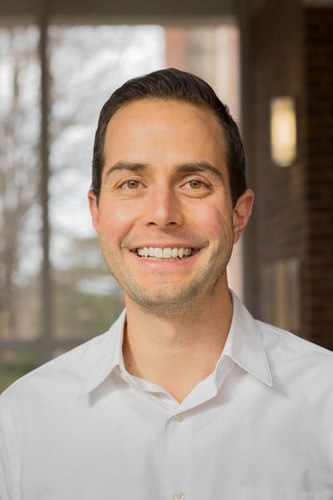Service Learning As Community Development? Local Resident Perspectives of Community-engaged Educational Travel
Service Learning As Community Development? Local Resident Perspectives of Community-engaged Educational Travel
Noel Habashy, Carter Hunt
2021
2021
Abstract
There is strong body of literature exploring community member and resident perspectives on tourism that has emerged from numerous locations across the globe. Yet virtually none of this writing explores the role of repeat community-engaged service learning with local communities. What theory does exist on the topic indicates that increased rates of community member participation yield more positive viewpoints on community–program partnerships. Engagement in this form of tourism development in communities may have an influence on participation in the community institutions that have the most ability to influence local development outcomes. This qualitative, ethnographic study fills this gap in the literature by analyzing community members' emic perspectives of a recurring educational service learning program to a lesser developed region of Costa Rica. Surprisingly, community residents do not view educational service learning as a form of tourism, though they do see it as valuable for setting the stage for desired tourism development in the future. Findings also indicate community members' involvement in key institutions makes it more likely that they perceive the impact of students in the community positively. As the first study to analyze educational service learning travel from a community development and resident perspective, this work will provide a valuable theoretical contribution relevant to those engaged in this form of travel across the Global South.
Abstract
There is strong body of literature exploring community member and resident perspectives on tourism that has emerged from numerous locations across the globe. Yet virtually none of this writing explores the role of repeat community-engaged service learning with local communities. What theory does exist on the topic indicates that increased rates of community member participation yield more positive viewpoints on community–program partnerships. Engagement in this form of tourism development in communities may have an influence on participation in the community institutions that have the most ability to influence local development outcomes. This qualitative, ethnographic study fills this gap in the literature by analyzing community members' emic perspectives of a recurring educational service learning program to a lesser developed region of Costa Rica. Surprisingly, community residents do not view educational service learning as a form of tourism, though they do see it as valuable for setting the stage for desired tourism development in the future. Findings also indicate community members' involvement in key institutions makes it more likely that they perceive the impact of students in the community positively. As the first study to analyze educational service learning travel from a community development and resident perspective, this work will provide a valuable theoretical contribution relevant to those engaged in this form of travel across the Global South.
Social Movements
Keywords
Community Organizing, Globalization, Latin America
